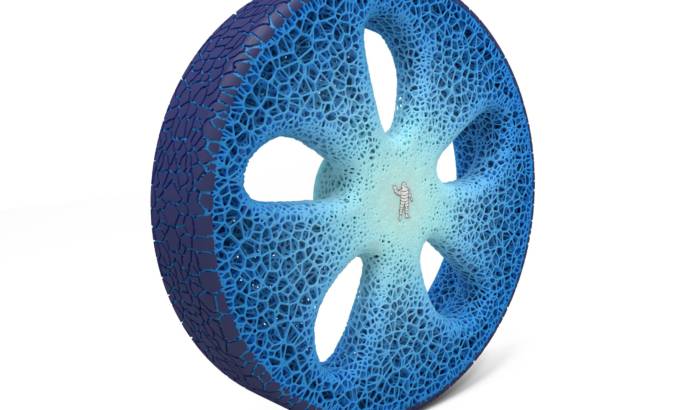Car manufacturers are trying to become more and more sustainable. So are the tyre manufacturers. After Nokian made a similar announcement, Michelin is committed to making its tyres 100% sustainable by 2050.
Today, nearly 30% of the components used in the manufacture of tyres produced by the Michelin Group are already made from natural, recycled or otherwise sustainable raw materials. In 2020, 28% of the materials used in manufacturing Michelin Group tires were sustainable.
A Michelin tyre is a high-tech product comprising more than 200 ingredients. The main one is natural rubber, but the many ingredients also include synthetic rubber, metal, fibres and components that strengthen a tyre’s structure, like carbon black, silica and plasticizers (resins, etc.). Incorporated in perfect proportions, these materials interact to deliver an optimal balance of performance, driveability and safety, while steadily reducing the tyre’s environmental impact.
Michelin’s maturity in materials technology stems from the strength of its R&D capabilities, which are supported by 6,000 people working in seven research and development centres around the world and mastering 350 areas of expertise. The commitment of these engineers, researchers, chemists and developers has led to the filing of 10,000 patents covering tyre design and manufacturing. They work hard every day to find the recipes that will improve tyre safety, durability, ride and other performance features, while helping to make them 100% sustainable by 2050.
Axens and IFP Energies Nouvelles, the two companies that are spearheading the BioButterfly project, have been working with Michelin since 2019 on producing bio-sourced butadiene** to replace petroleum-based butadiene. Using the biomass from wood, rice husks, leaves, corn stalks and other plant waste, 4.2 million tonnes of wood chips could be incorporated into Michelin tyres every year.
Signed in November 2020, the partnership between Michelin and Canada-based Pyrowave can produce recycled styrene from plastics found in packaging, like yogurt pots and food trays, or in insulating panels. Styrene is an important monomer used to manufacture not only polystyrene but also synthetic rubber for tyres and a wide variety of consumer goods. Eventually, tens of thousands of tonnes of polystyrene waste could be recycled back into its original products as well as into Michelin tires every year.
Michelin also supports the circular economy, as attested by its participation in the European BlackCycle consortium. This project, which is coordinated by the Group and financed by the European Union, brings together 13 public- and private-sector partners to design processes to produce new tyres from end-of-life tyres.



